How Donald Trump's tax reforms could mean more oil drilling in Alaska
- Published
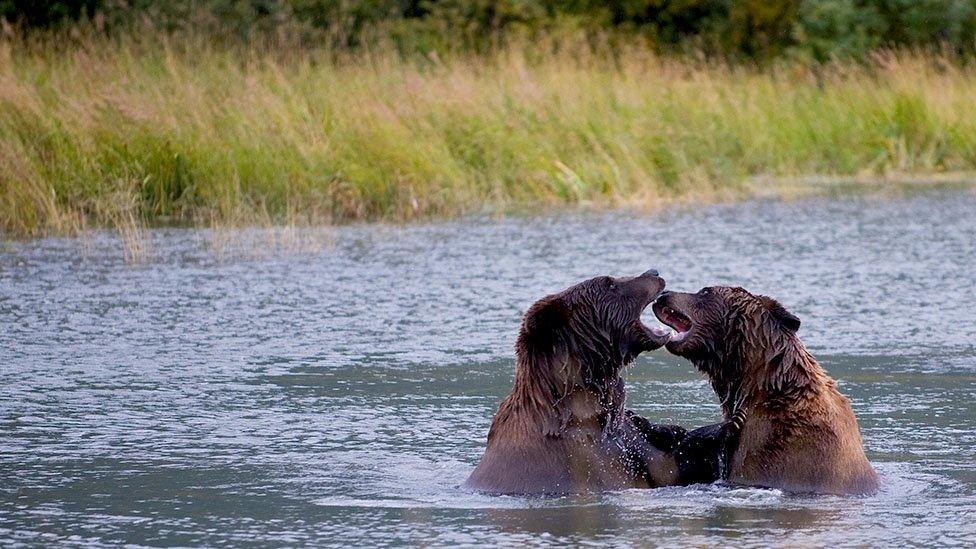
Above ground in the Alaskan wilderness you'll find bears, bison, eagles, caribou, orcas (and much more).
But underground there are big fields of crude oil, which American companies are keen to bring to the surface.
That is now much closer to happening thanks to Donald Trump's US tax changes, which were passed at the weekend.
The bill has also authorised the sale of oil and gas leases in Alaska's Arctic National Wildlife Refuge.
This means energy companies will soon be able to drill for oil and gas under some parts of Alaska that were previously protected.
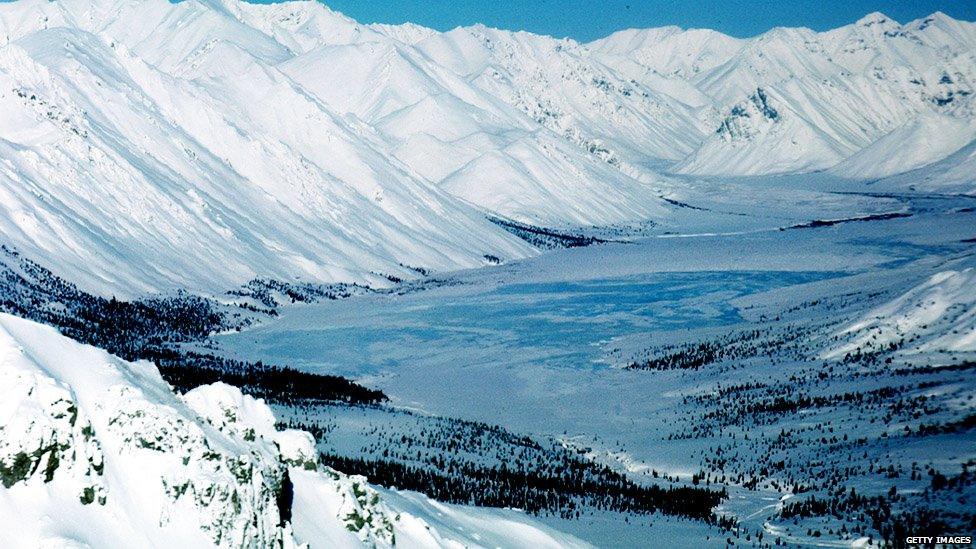
2,000 acres of the Arctic National Wildlife Refuge could be drilled for oil
The refuge was established in 1960 under President Eisenhower to protect Alaska's ecosystem.
Drilling could bring opportunities for the indigenous people of Alaska with jobs created from oil extraction.
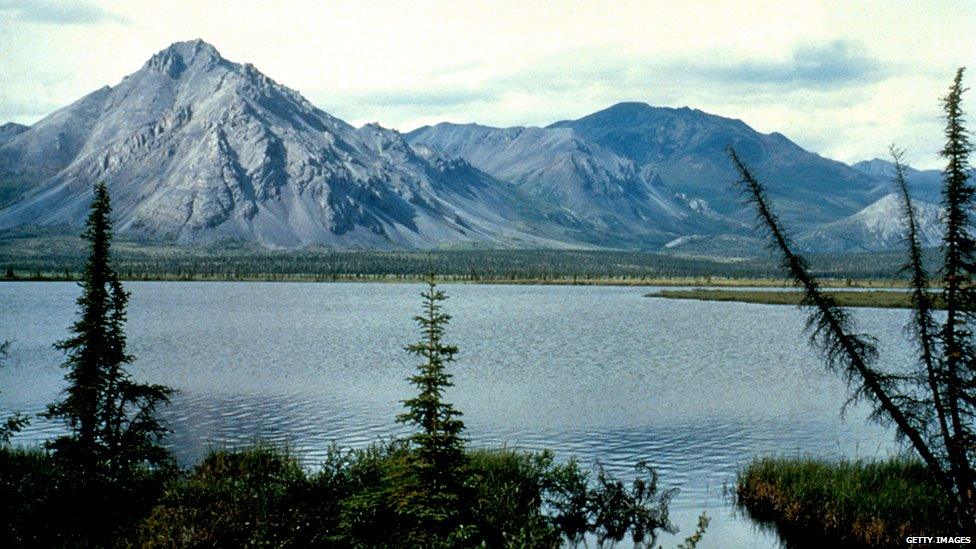
There are more than 19 million acres of the refuge in Alaska
But the oil and gas industry could pose major threats to animals, plant life and the environment.
And Alaska has previously experienced this first hand.
In 1989 the Exxon Valdez oil tanker ran aground in Alaska and spilled 10.8 million gallons of oil into the sea.
Between 100,000 and 250,000 sea birds died in the spill, along with otters, seals, eagles, orcas and fish.
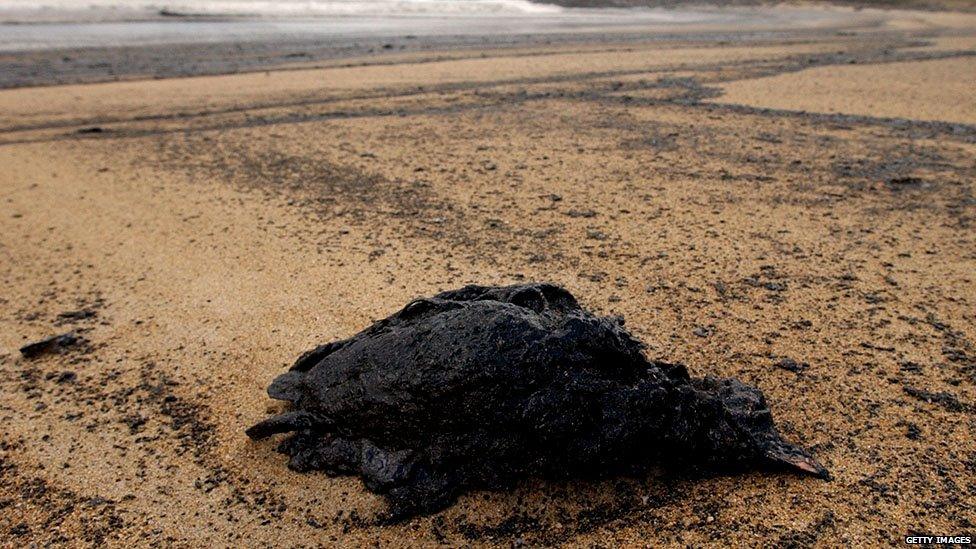
Oil spilled from the Exxon Valdez covered 1,300 miles of Alaskan coastline
In November, 30 scientists signed a letter, external to Alaska's Republican senator, Lisa Murkowski, urging her to oppose drilling in the Arctic refuge.
She'd campaigned for the legislation that was passed in Donald Trump's tax reforms.
"Development of yet another oilfield would further set back efforts to limit the carbon emissions that are fuelling the dramatic changes in climate now affecting Alaska," wrote the scientists.
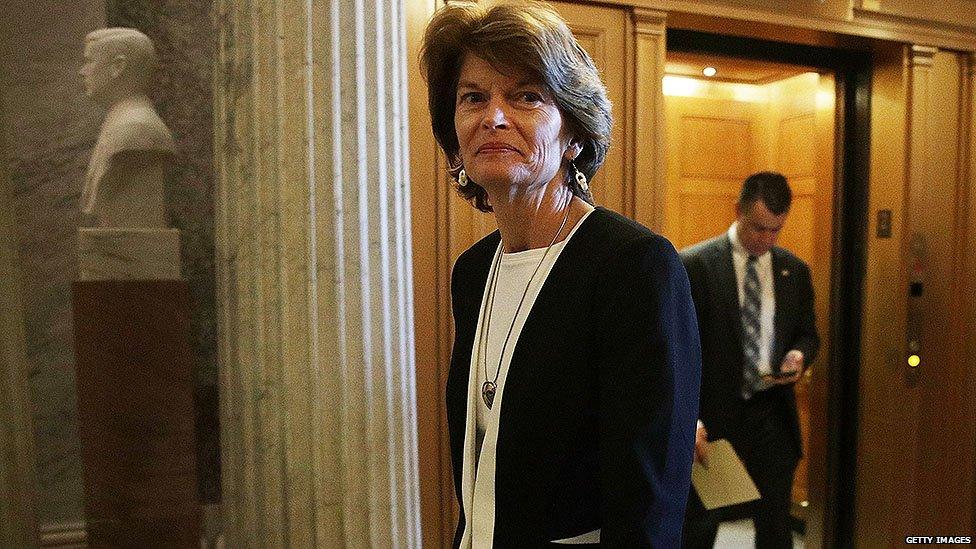
Lisa Murkowski has lobbied to have the drilling ban lifted in Alaska
But Senator Murkowski remains positive about the changes under Donald Trump's tax reform.
She tweeted that drilling will "make more of our natural resources" and that the hunt for oil will "create tremendous opportunities" for people in Alaska.
It will "put more dollars back into the pockets of hard-working Americans," she says., external
There is already drilling in other parts of Alaska, with BP having drilled in Prudhoe Bay - which originally contained an estimated 25 billion barrels of crude oil - since 1997.
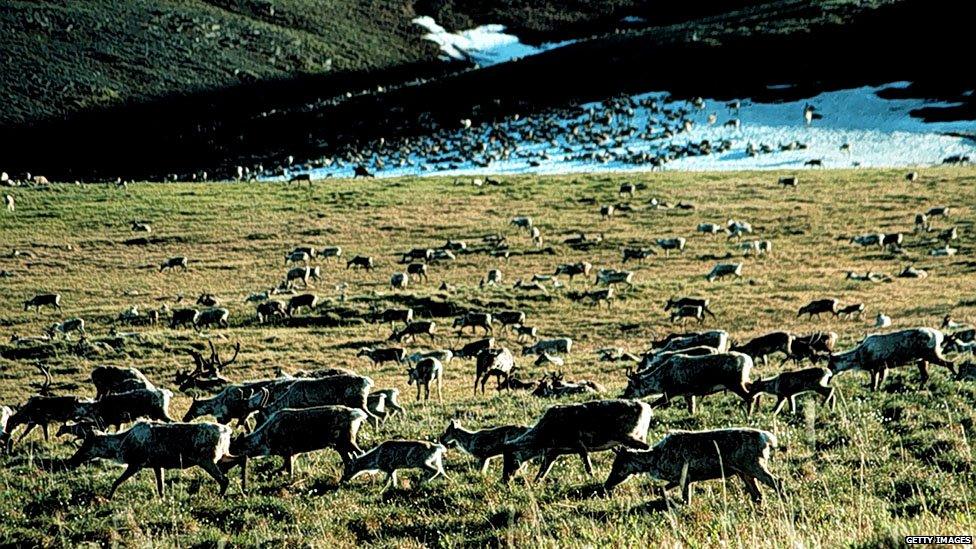
Wild caribou in Alaska are among the animals whose habitat is under threat
But despite increased technology to prevent spills and disaster, environmental groups say they are horrified at the prospect of drilling in Alaska.
"No company should be given permits to drill for oil in the fragile Arctic," says Charlie Kronick, Greenpeace's senior climate in a statement to Newsbeat.
"It's not a question of if a leak would take place, only when."
Find us on Instagram at BBCNewsbeat, external and follow us on Snapchat, search for bbc_newsbeat, external